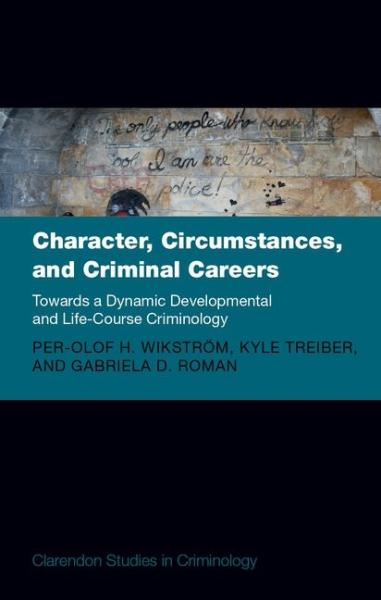Description
Character, Circumstances, and Criminal Careers makes an argument for a more dynamic Developmental and Life Course criminology (DLC) by theorising and exploring the relationship between individual characteristics and environmental features and their changes across adolescence and into young adulthood. The book considers whether childhood predictors, such as social disadvantage and social adversity, affect different trajectories of crime involvement. It also presents a special analysis of the age-crime curve and its explanation.
The book includes the most recent and updated statement of Situational Action Theory and its DEA model, including comparisons between the basic assumptions and propositions of SAT and selected major criminological theories (social bond and self-control theories, differential association and learning theories, rational choice theory and the theory of moral disengagement).
Character, Circumstances and Criminal Careers presents an original theory, a uniquely detailed contemporary longitudinal study, and novel research methods and analytical techniques, and applies these to derive innovative findings about the relationship between individual and environmental factors across a critical developmental period.
Product Details
- Oxford University Press Brand
- May 8, 2024 Pub Date:
- 9780198865865 ISBN-13:
- 0198865864 ISBN-10:
- English Language
- 5.5 in * 1.7 in * 8.1 in Dimensions:
- 2 lb Weight:




